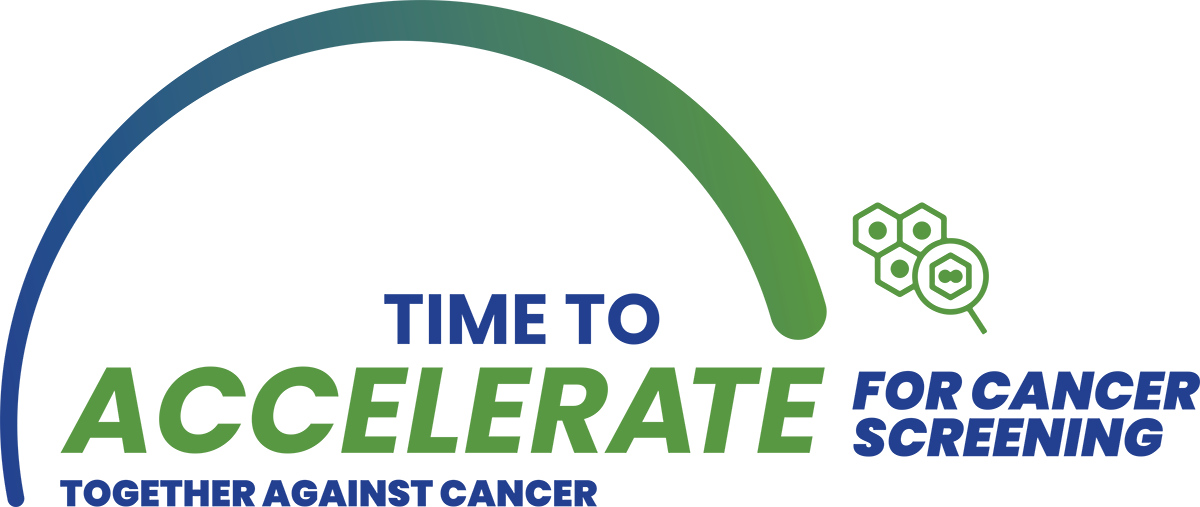Learning from Best Practices

Learning from Best Practices and Lived Experiences
Statistics suggest that about 31% of men and 25% of women in the EU will be diagnosed with cancer before they reach the age of 75. Early detection, however, can improve the prognosis. While Europe is making progress in this area, we need to ensure that every European has access to adequate cancer screening.
To understand the current state of screening programmes in Europe, the European Cancer Organisation - together with its member societies and patient groups - gathered perspectives from the cancer community.


While our best practices survey offers insights into the technical aspects of cancer screening, lived experiences add a personal dimension to our research. Positive and negative experiences provide valuable lessons on what to replicate and what to improve. Whether you were screened for cancer or perform it as a medical professional, your personal story is important.
Your experience, in your country, is essential for us all to understand and improve national screening policies. A central part of the ‘Time to Accelerate: for Cancer Screening’ campaign is therefore dedicated to the collection of on-the-ground testimonies from across the European cancer community. The survey's main objectives include:
- Collecting opinions from oncology professionals, patient advocates, and others on national screening programmes;
- Documenting and evaluating current best practices to be promoted at a European level;
- Discover new screening technologies and protocols that could be implemented.
Although these surveys are now closed, you can still provide your input at This email address is being protected from spambots. You need JavaScript enabled to view it.
For a quantitative study on European cancer screening policy, discover our new practical solution.

Background
The stories collected below present the narratives of healthcare professionals involved in breast, cervical, colorectal, lung, prostate and gastric cancer screening, and tell us how the current practice of performing these screenings can be improved, made more inclusive, effective and efficient. These powerful narratives are essential to understanding the challenges that cancer care providers face every day.
In addition, we have also solicited personal testimonies from cancer patients, hearing about their experiences and realising that just as for many of them early diagnosis and screening have been able to make a significant impact on their course of treatment, for others these opportunities have been missed. These powerful stories show us that the daily challenges patients face are many and often not all stories end well.